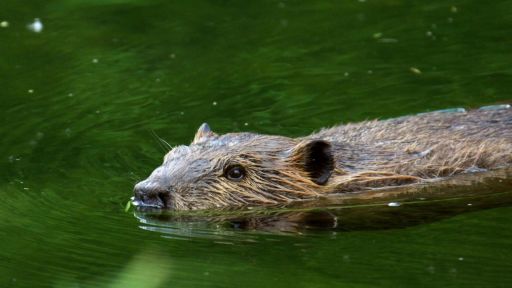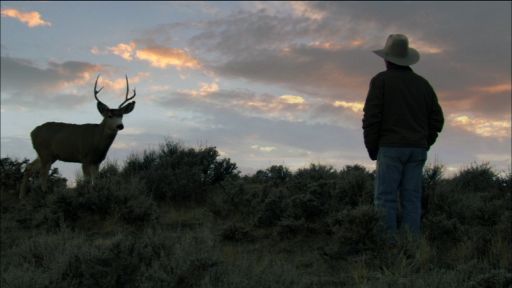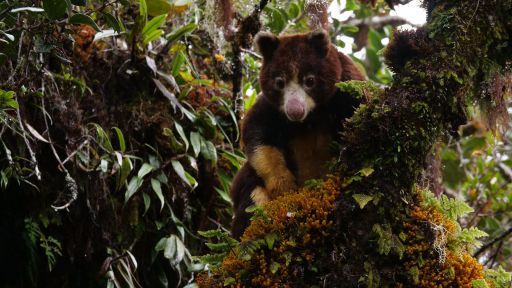Cinematographer and producer, Kim Wolhuter talks about filming African wild dogs for the film Dogs in the Land of Lions. He shares details about his time spent following Puzzles’ pack and what happened to some of the dogs after filming.
Features
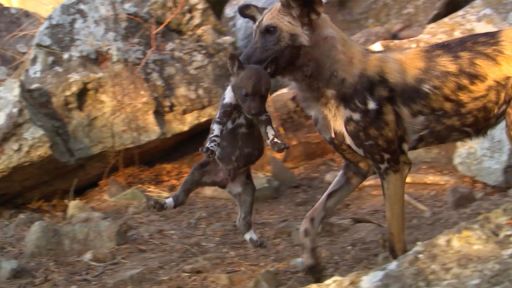
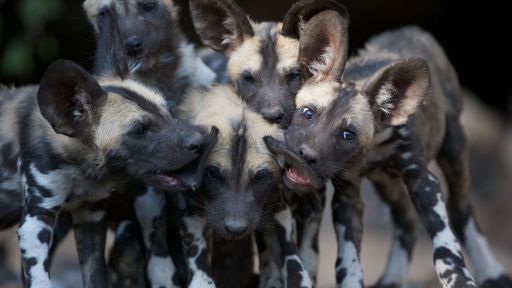

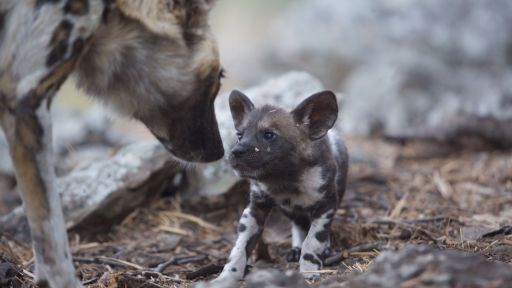
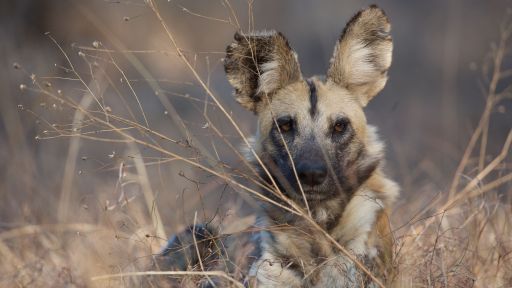
And this pair arrived.
I just saw them on the main road one day.
I thought, oh cool dogs, just this pair.
And the female had this extraordinary coat, I promise you she's the prettiest, prettiest, prettiest dog I've ever seen.
She's beautiful.
She had this sort of mosaic-y, puzzle-y coat, so I called her Puzzles.
And I followed them on and off and then I worked out that they were denning.
And so that's when I started full on, and I filmed them, I filmed them for the next four years.
So what was amazing with that first litter is two adults, just the alpha male and female, raised that whole litter.
It hasn't been recorded before.
It's the first time that we've had a recording of just two dogs being able to raise a whole pack.
When Puzzles had that next litter in that nice big cave, the yearlings just couldn't wait to get in there.
They wanted to see these little guys; they just wanted to play with them.
There was mass excitement, and Puzzles would keep them away for the first week or so, I suppose.
And then eventually she let them in and these dogs would just be ecstatic.
They all just want to play with these little guys and pick them up and carry them and take them.
These little guys just sort of had to bear with it and just enjoy it.
But when it came to hyenas, Puzzles was there.
Whenever there was hyenas to play with she was at the forefront of the gang.
She just loved playing with them and harassing them and biting their bums.
But that game as well, the hyena game with dogs - it's a game.
It's not, there's not really any aggression there.
It's not like lions and dogs.
Lions and dogs are massive enemies.
Lions will kill a dog at any turn when they can and that's one of the biggest factors in dog survival is lions.
You know, you realize with these animals how closely knit they are and how social they are when you see one of them being killed.
There was that one that was run over on the road and the whole pack, you know, they were around there sniffing and trying to understand.
They were mesmerized as to why this dog had died.
You know usually, there would be a smell of a predator or something there and here was just a hit and run.
They had no idea.
And then the calling, they do that 'hooo hooo' and it's so mournful.
It's the most, ah, it's the most saddening sound to hear from them.
And definitely, you can feel it.
They've lost a mate and they do know it.
And suddenly I was left down to five dogs which was Puzzles and her four - two males from the first litter and two males from the second litter.
And then slowly they just disappeared and I never saw them again.
So it was just an incredible four years how it went from nothing, built right up and then just crashed again.
And that, unfortunately, is the life of wild dogs.
That's how they are everywhere around Africa.
So, of those females who left her; they left one year and then the next year - the second litter, two of those females have come back to the reserve some three years later and one of them is now the alpha female with her own pack and puppies.
So Puzzles' legacy carries on.
You May Also Like
